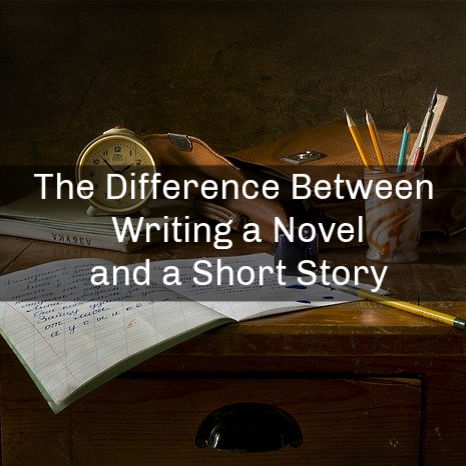How is Writing a Novel Different to Writing a Short Story?
The difference between writing a novel and a short story is something all short story writers ask themselves at some point. Knowing the difference between a short story and a novel is important if you plan to successfully transition from one to the other. Writing a novel is different to a short story in three key ways; length, depth and audience. These three differences between a short story and writing a novel makes a planning framework that leads you through ideation, development and plotting important. When a short story writer wants to write a novel, they must understand these differences if they wish to successfully complete their book.
Even if you are writing your novel as an exercise in creativity, you must be honest with yourself and realise that writing a lot of words is not sufficient to call a story a novel. Length of story is important, but it must also have more depth than a short story. Your novel will address and attract a different audience compared to a short story. All three of these factors make writing a novel different from writing a short story.
Story Length
The obvious difference between a novel and a short story is the length. Generally, we can consider a short story to be between 1,000 and 10,000 words, while a novel is anything over 40,000 words with 75,000 to 85,000 being a good “average”. This raises the question: how do I write all those words?
If you are an experienced short story writer, it may seem impossible to come up with a story that takes so long to tell, and you’d be right. But you’d also be wrong. It depends on your view of what a story is and what it is about. In a short story we aim to pick a single point of action that determines an outcome. Often, what came before and what comes after is implied by the careful choice of words and use of imagery.
A novelist views a story as the evolution and exploration of a concept, idea, theme or personality at length. There are multiple active scenes that build to a finale. Each scene evolves the theme, introduces the next conflict and resolves older ones. Where a short story is the story about the tipping point of some idea, a novel is the growth and journey of an idea.
You could think of a novel-length story as being a sequence of short stories leading to the piece you would write if you were writing a short story. Each part of a novel would be the short story around each of the circumstances that are left to the imagination in the main short story.
Story Depth
If you view a short story as a single shovel sized hole in the ground and a novel as an open pit mine, then you need that one short story’s shovel worth to do a lot of work. The short story must convey depth of meaning through concise precision.
Plot Structures and Frameworks
A novel, by dint of being so much longer, can explore each idea and emotion raised by a short story in greater detail. But don’t be fooled into thinking a novel is just a short story that takes longer to tell. Using the analogy of the open pit mine, you have a lot more earth being moved but you must still ensure that earth contains as much gold as possible. There is a cost to the reader in working through all those words and if there is insufficient gold, they’ll stop.
Depth of character is a primary difference between a short story and a novel in terms of depth. A short story will likely focus on just one or two characters. With few words to work with, it is difficult to convey some types of character at all. Imagine trying to paint a murderer as a sympathetic character with just a couple of thousand words. But imagine doing the same over the course of a hundred thousand. With the greater length, the author can take us on a journey that plumbs the myriad intricate nooks and crannies of a character’s evolution.
The Audience for a Novel is Different
Writing a novel is different from writing a short story not only due to length and depth but also due to the different audience you must write for. Given the time commitment and the topics of a novel compared to a short story, it isn’t surprising to find they each have different audiences. The audience for a novel wants to settle in to a new world and a new way of thinking and stay there for hours at a time. Some genres, most notably fantasy, the audience is looking to escape not just for hours, but for days as they read a story that spans numerous large volumes.
A short story is designed to be punchy. It grabs a reader and quickly pulls them through a view of a situation and world and dumps them on the other side. A novel lures its audience in, directs them through a tour of its world and introduces them to its characters over time. At the end, the reader may feel a lasting connection with that world.
When writing for the novel audience, you need to be aware that your audience wants every detail, they have time and want to spend it. Your writing can be more luxuriant in its approach to description, foreshadowing and tension. Where you would cut detail from a short story to avoid distracting the reader by something irrelevant to the single conflict at the heart of your story, in a novel the reader wants that knowledge. The reason they want that extra knowledge is because they have committed more time and because that extra detail informs the larger world supporting multiple conflicts.
So How is a Novel Different from a Short Story?
Short story writers transitioning to writing a novel will often get stumped trying to figure out what to do. Writing a short story is different from writing a novel in at least three major ways: length, depth and audience. Novels are longer – commonly around 75,000 to 85,000 words – while short stories top out at about 10,000 words. The added length means a novel will cover more than just the single peak conflict that you see in short stories. A novel will explore what came before and what comes after. Greater depth and length means the reading experience is different. This difference in length and depth draws a different audience. As such the writing needs to be different; it needs to explore characters and the world more.
Conclusion
Writing a novel is a distinct skill in the field of creative writing. Their length, depth and audience require a new approach for short story authors thinking of making the leap. The best way to approach novel-length writing is to use a planning framework to ensure the three primary differences don’t cause you to fail.
Subscribe for great exclusive content.




